Research areas of the Department
At the Department of Environmental Systems Sciences, research is conducted for the future. The focus is on systems research with an emphasis on method development, innovation and transition research with an emphasis on innovation systems and diffusion, and sustainability research with an emphasis on sustainability management and assessment. The core research areas are reflected in specific research fields.
Click on the research field to learn more:
Humans in Sustainability Transitions
Sustainable societies cannot be achieved through technological innovations alone. Transitions need to bring on board citizens, consumers, households, and decision-makers, and involve them beyond merely raising awareness or providing information about sustainability and climate change. We are steadily increasing our understanding of the decision processes of citizens, consumers, and organisations and are striving to identify the circumstances necessary for sustainable living. We also investigate the potentially adverse side-effects of transitions and factors related to the acceptance and acceptability of sustainability transitions in different (also vulnerable) groups of society. These investigations also include taking a dual perspective of many aspects, including production and consumption patterns, but also on how citizens behave in all areas of their daily lives.
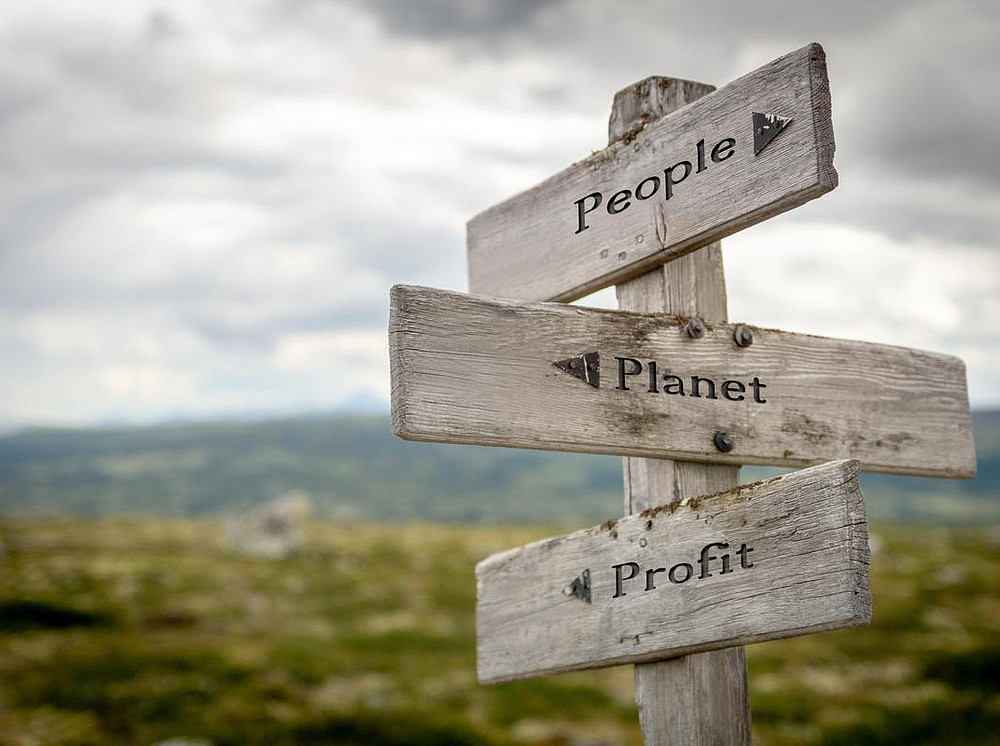
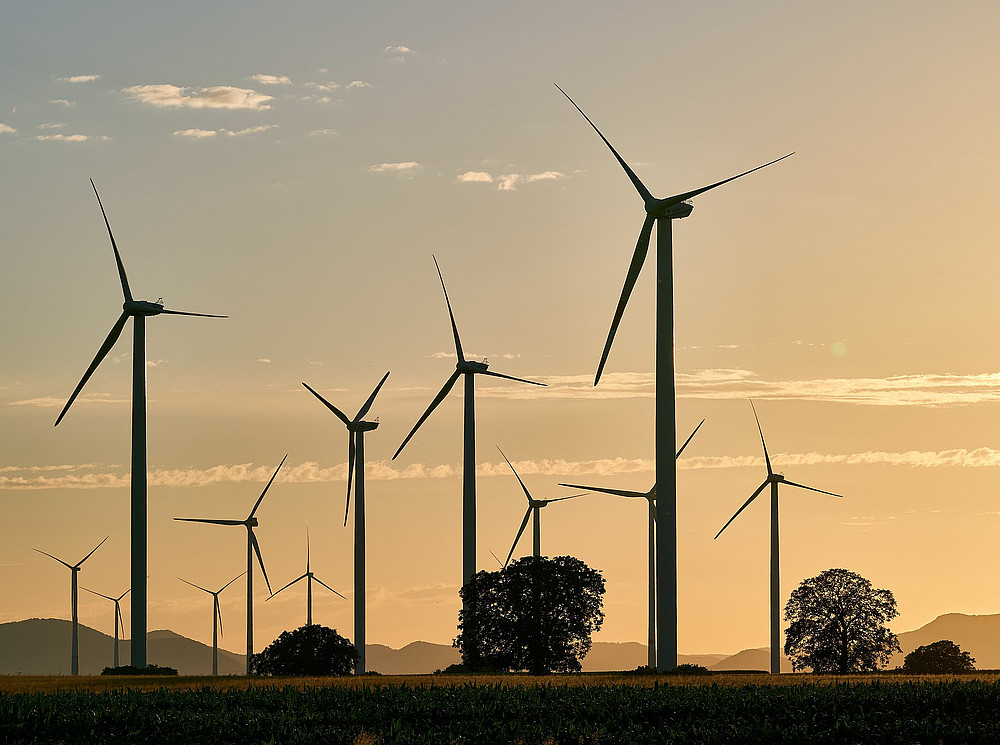
Sustainable Energy and Mobility Transition
The energy sector and the closely related mobility sector are fields where it is particularly relevant to promote sustainability and, in particular, to mitigate climate change. A shift from fossil fuel-based energy and transport systems to renewable energy sources and powertrains is urgently needed. In the context of the broader sustainability debate, however, directing too much attention toward promoting (supply-side) technological innovations has been criticised. Scholars have increasingly recognized the role of behavioural change on the demand side as a necessary component of the required sustainability and low-carbon solutions.
Therefore, in our work, we consider both perspectives and explicitly integrate the relevant aspect of behavioural change by examining different roles (e.g. those of the consumers, citizens, policy makers, industry) in close connection with the research field “Humans in Sustainability Transitions” described above. This includes examining self-driven and policy-driven behavioural changes, but also the public acceptance of relevant policy measures or low-carbon technologies and innovations in the context of energy and mobility.
Circular Economy
The Circular Economy (CE) is an emerging topic which highlights the importance of the intelligent design, manufacturing, distribution, use, and end-of-life management of resources along the entire value chain of products and services. The European Commission's “Circular Economy Action Plan'' underlines the relevance of these elements regarding CE and supports the “European Green Deal''. The latter sets ambitious targets to be reached by 2050, such as decoupling economic growth from resource use. In recent years, CE has become a strong research and teaching focus within the institute, a focus which is reflected in how circular business models are used or how methods and concepts are developed for the collection of environmental and social data for certain products and services. One example for our teaching activities is the co-ordination of an international master’s programme on CE. The institute’s CE research and teaching activities are not restricted to the industrial level, but involve those at the societal level at large, including cooperation with civil society.
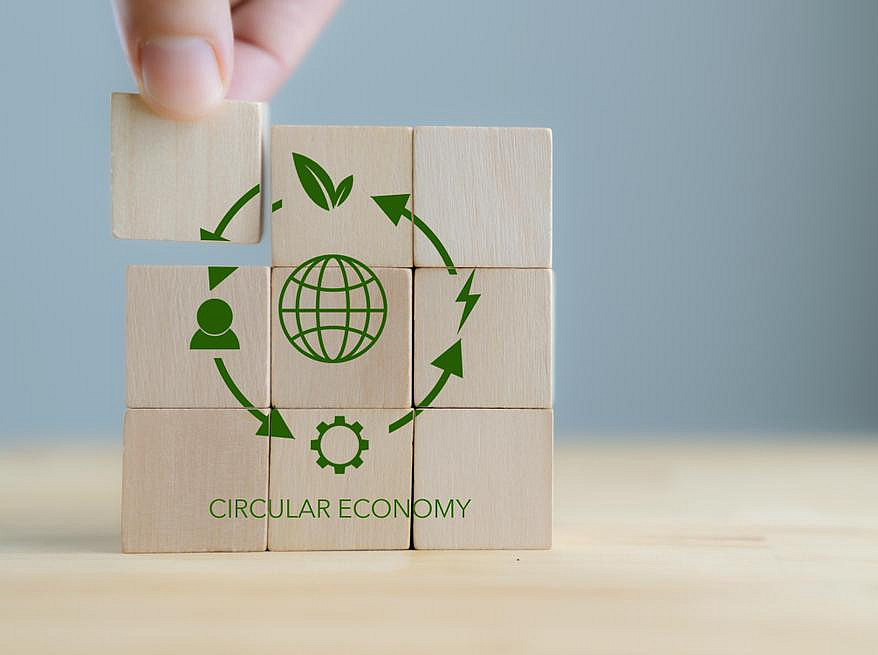
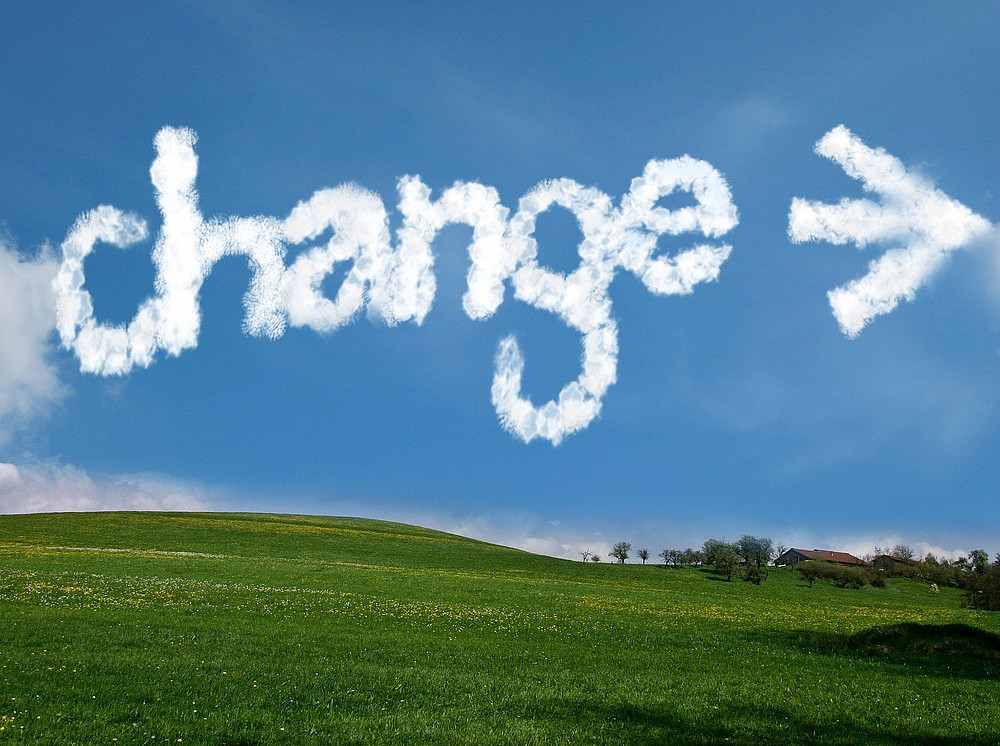
Bioeconomy – Bio-based Economy
The term bioeconomy refers to a well-known political-economic concept for sustainable development. Interpreted in different ways, the concept covers such diverse aspects as, e.g. the substitution of fossil resources by bio-based ones, the strengthening of bio-based sectors, and the future role of life-science innovations, even extending to a radical reorientation of economies by considering the limited availability of natural resources (see Georgescu-Roegen). The relevant causes, dynamics, and consequences of the increasing use of biomass and bio-based innovations are the focus of the institute's research activities. In particular, researchers working in this field poses questions like:
What are the broader economic, environmental, or social implications of intensifying the use of bioprocessing technologies? Are biobased substitutes more sustainable (e.g. GHGs) than the status quo? Which transition pathways allow the most sustainable uses of bio-based materials? And how can the gap between technical maturity and practical implementation be overcome?
Complex Networks and Multi-Agent Systems
Researchers working in systems science have developed many methods that are well suited for simulating complex systems in the field of sustainability research and associated fields. In this context, the institute has supported the development and application of agent-based models, i.e. models that begin with individual components and describe their interactions with each other and their environment. This form of modelling can not only be used successfully when describing all kinds of human systems like opinion dynamics, the labour market, or mobility systems, but can also be used beyond that scope.
As a complement to systems science, network science methods are used to describe systems where the links between the components are more important than the components themselves. Examples of such systems include traffic networks or social networks.
In addition, different modelling methods can be combined to gain a more complete picture of the investigated systems.

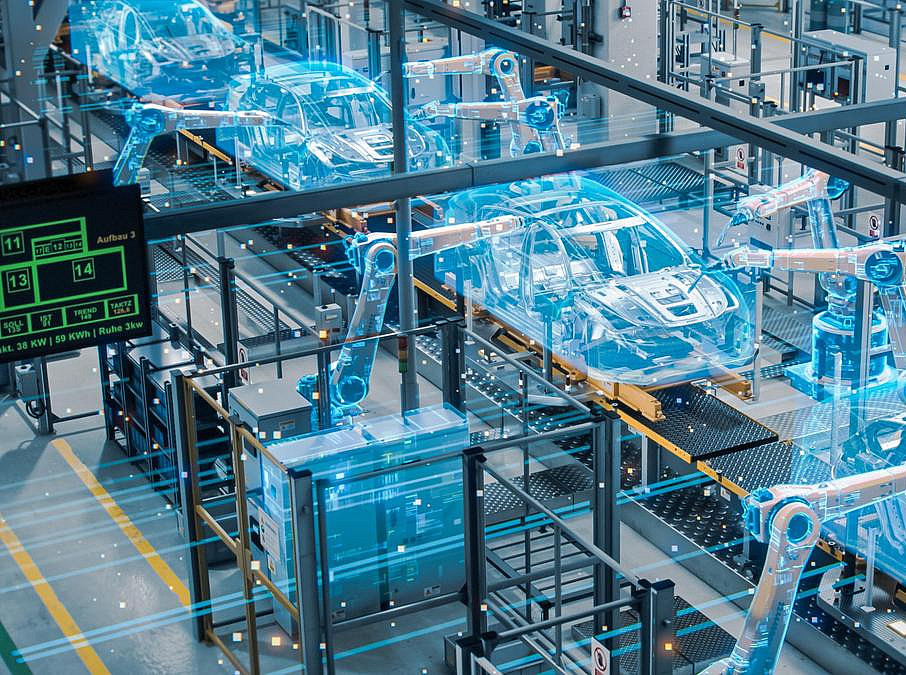
Data Science and Artificial Intelligence
A large amount of data is required understand most of the systems investigated by the institute. Therefore, approaches from the field of data science can guide the systems sciences. These include data collection by text mining as well as processing and interpretating data by using techniques like topic modelling or sentiment analysis. The gathered data are also integrated into existing or newly developed models.
Furthermore, other kinds of machine learning methods and techniques from artificial intelligence are employed and developed. This includes the use of artificial neural networks to solve various classification or regression problems. Such methods are not only used to process and interpret data, but can also be used to enhance computer simulations or to develop models that would not be possible without AI assistance.
Sustainability on the Business and Product Level
Researchers working in this research area strive to support the diffusion and application of sustainable development by integrating it into company activities, strategies, products, and services while highlighting the consequences of such integration. This implies that research is conducted to study how sustainable development is operationalised at the corporate level (i.e. concepts and frameworks of corporate sustainability management), how we can motivate companies to act in (more) sustainable ways, to apply sustainability strategies and sustainable business models, to support sustainable innovation, to carry out sustainability assessment, to use sustainability design, and to foster inter-organisational management related to sustainable development.
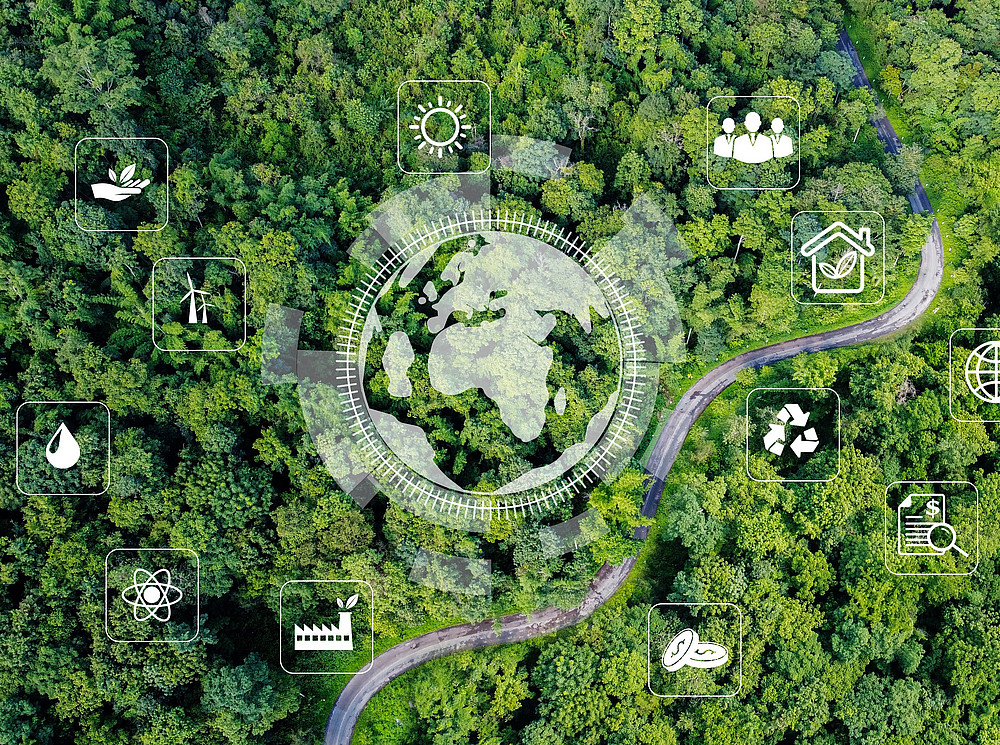
The following research topics are addressed:
- corporate sustainability management and strategies
- sustainable business models and innovations
- sustainability and lifecycle assessment of companies, products, and services
- sustainable product management and design
- sustainable supply-chain management
- digitalisation and sustainability
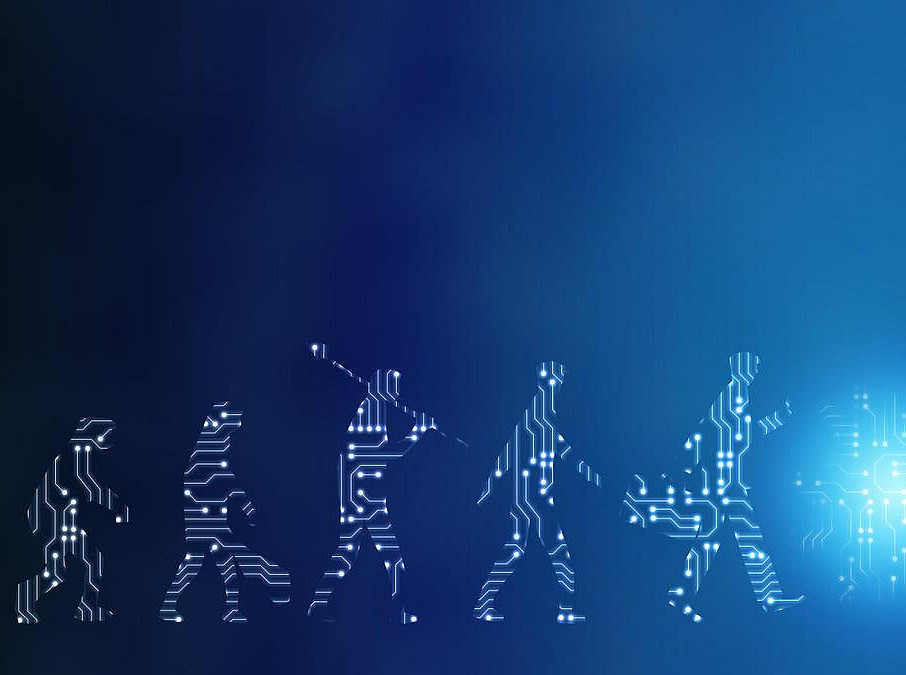
Resilience Research
Research on resilience is predominantly related to methods used to analyse and predict phase transitions in complex dynamic systems, i.e. so-called critical transitions. The key area of computer-based modelling offers the possibility to map component interactions, that is, to determine why specific systems behave the way they do, in detail. In addition, network representations are considered that can be used to analytically capture system-relevant interactions. On the one hand, this allows the researchers to test resilience by systematically altering certain parameters in computer-based system models. On the other hand, they use various statistical metrics, broadly described with the term early warning signals, to gain insights into the robustness and stability of a large number of different systems.
Departmet scientists also implement the idea of resilience and the respective research concepts practically, providing organisations of all kinds with support by strengthening their ability to anticipate, withstand, cope with, and even thrive in the face of challenges. In this context, resilience is an implicit part of many of our research projects.
Digitalisation
Research on the possibilities and consequences of digitalisation examines how data can be collected and analysed, e.g. to learn more about trends in environmentally relevant human decisions and behaviours or about specific aspects of business activities or production. In other words, this branch addresses data and text mining. Research in the systems sciences, however, is also carried out to examine how analysis methods that are currently discussed with the keyword machine learning are used, studied, and developed. One key area here encompasses the model-based screening of large spaces of possibilities and the anticipation of sustainable options, described with the term future state maximization.

In addition, systems sciences researchers are involved in the research network "Human Factor in Digital Transformation", where digital developments are tested and investigated to determine their significance for the human sphere.
Digitalisation also goes beyond merely data access and processing; it also includes emerging technologies and their societal implications.
Sustainability, Climate Change and Human Behaviour
Profound societal change is necessary to tackle global challenges while ensuring environmental integrity, social cohesion and economic prosperity. Sustainable solutions must take into account diverse perspectives and be developed with stakeholders in order to ensure their effective implementation and successfully tackle the complexity of current societal challenges.
At the Professorship of Sustainability, Climate Change and Human Behaviour, we conduct interdisciplinary and transdisciplinary research by fostering international collaboration that focuses on sociological and environmental issues. Our focus lies in the topics of decarbonisation and climate change adaptation in agricultural and food systems, public attitudes towards sustainability goals and their behaviour in dealing with socio-economic and environmental changes. These topics are also an integral part of our courses.
